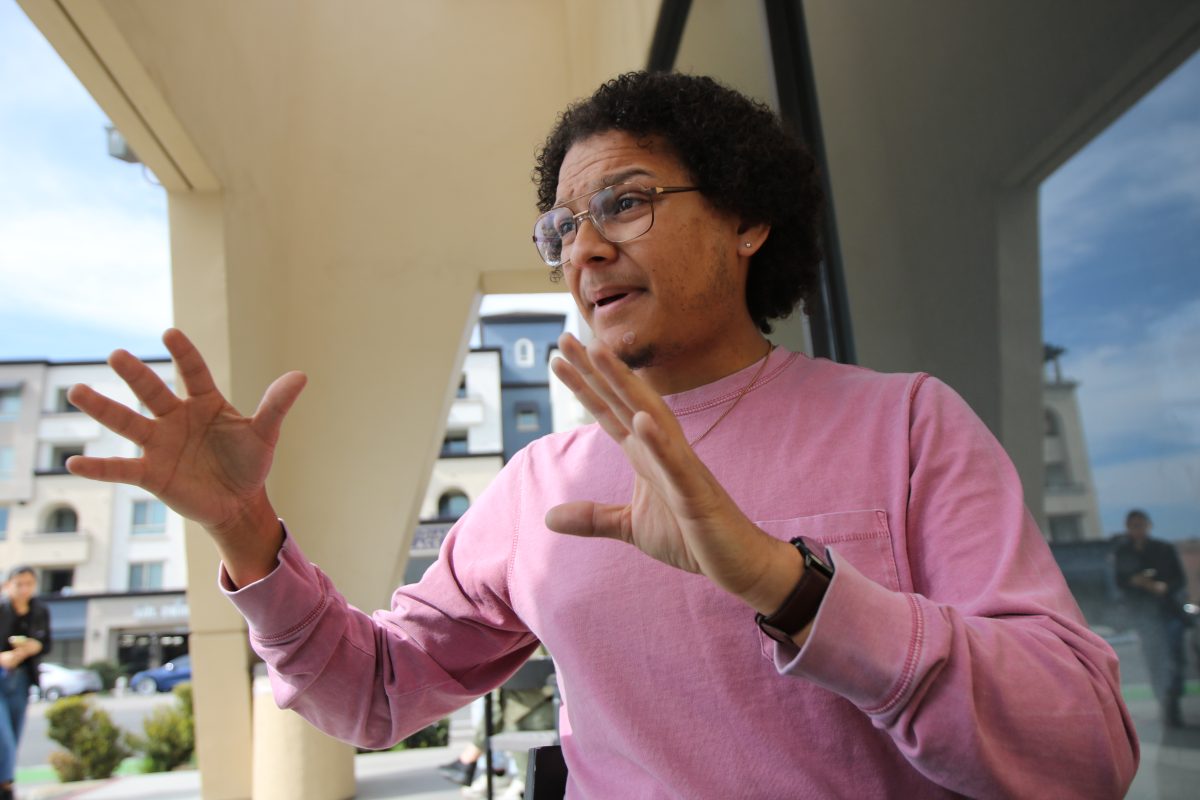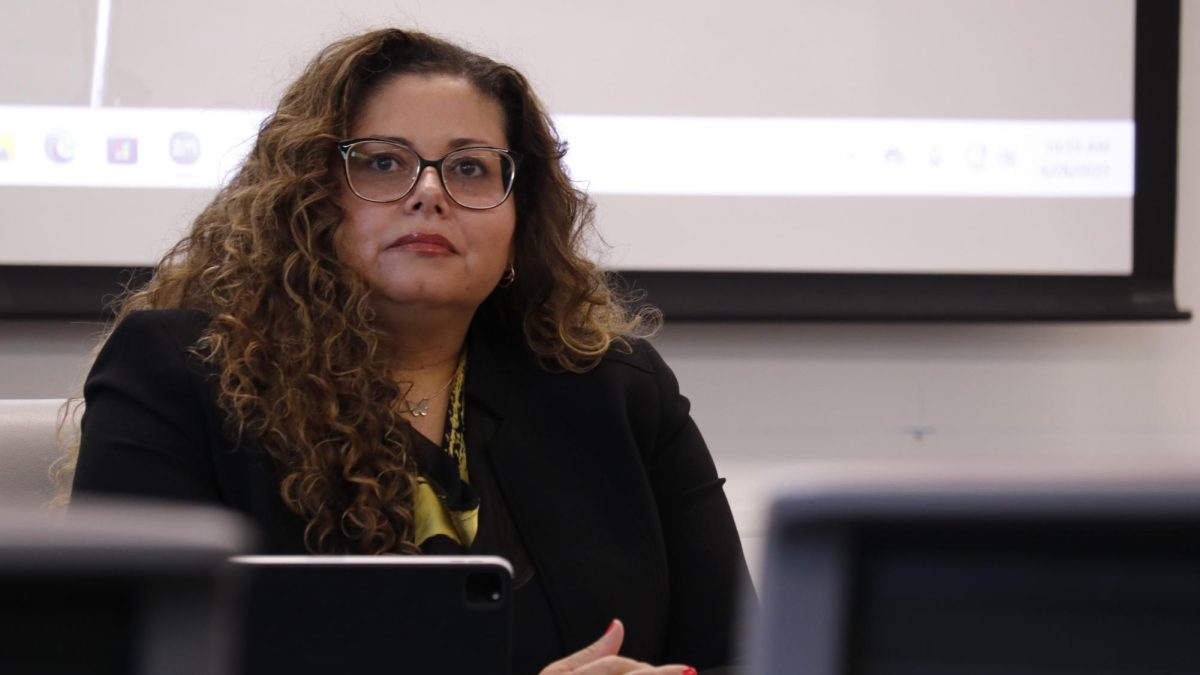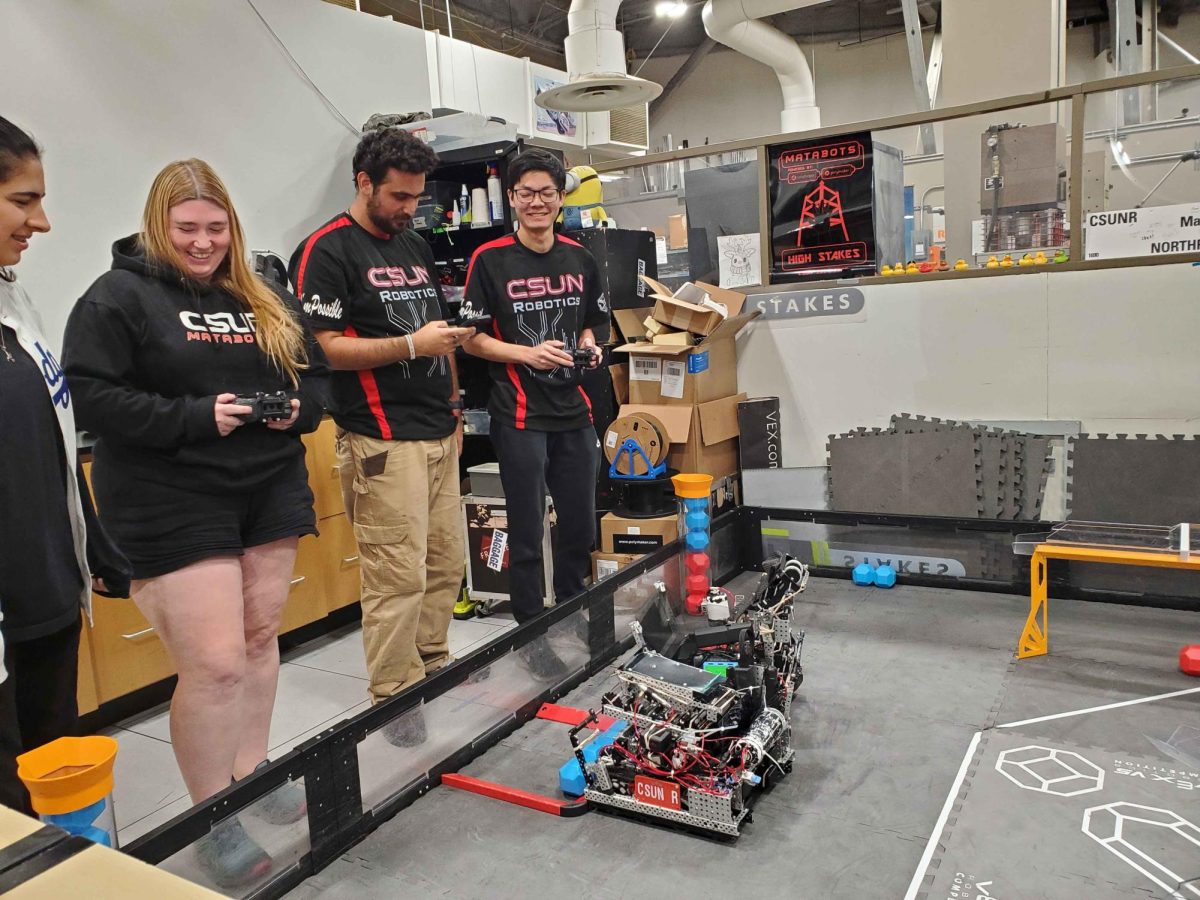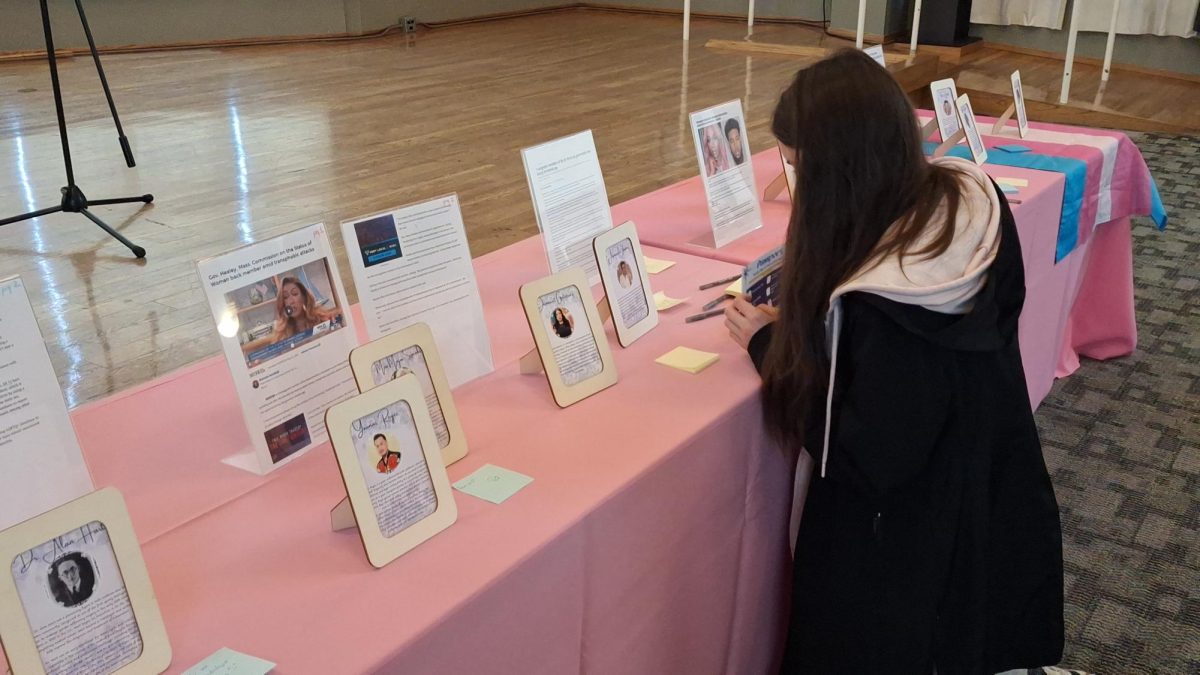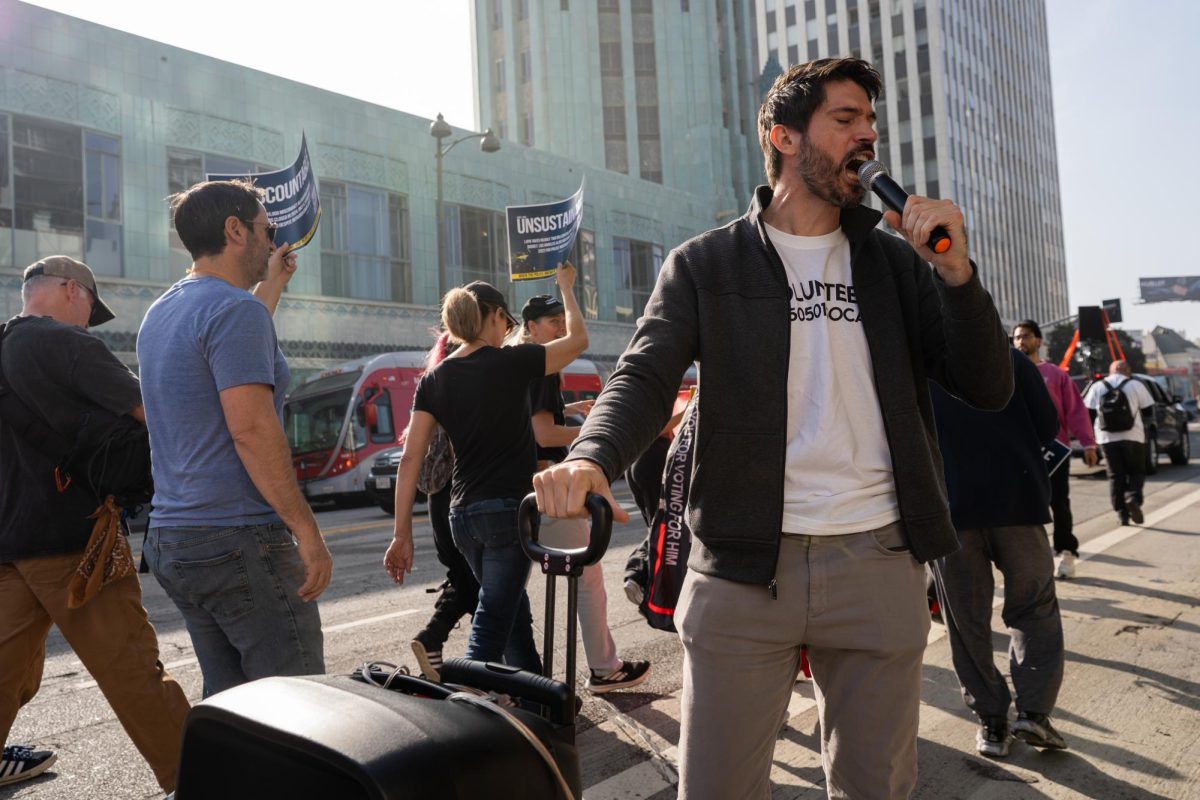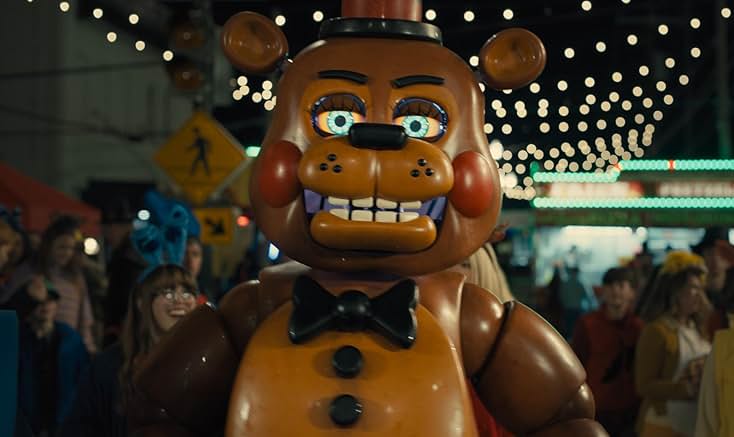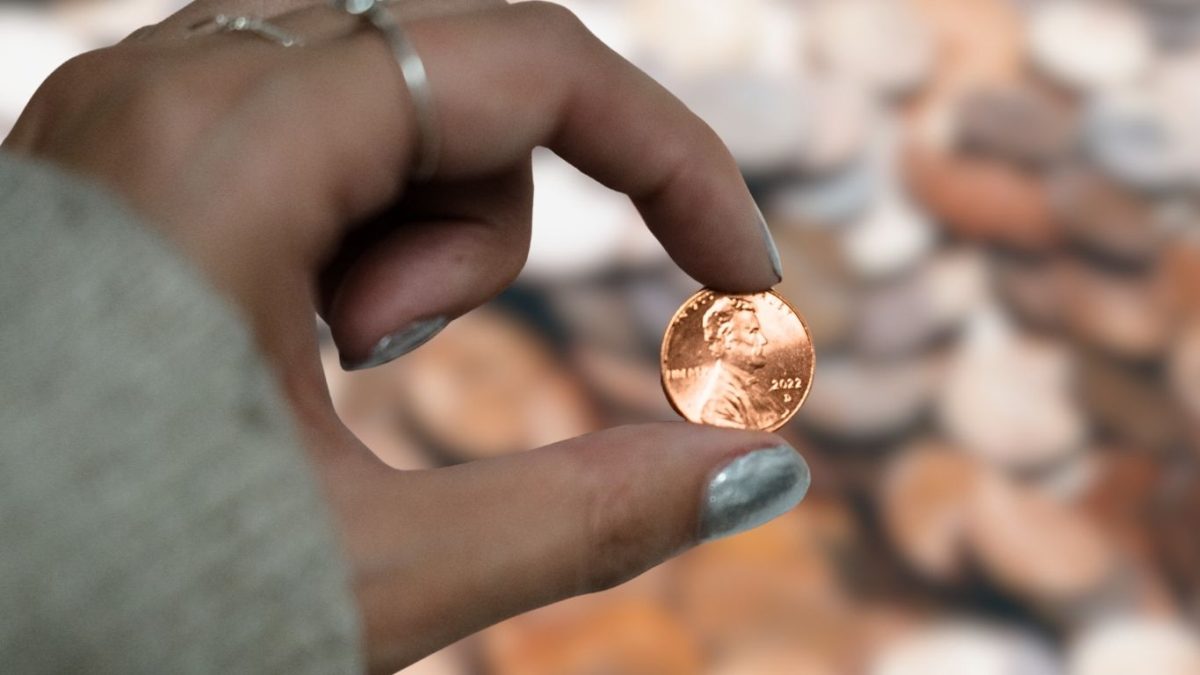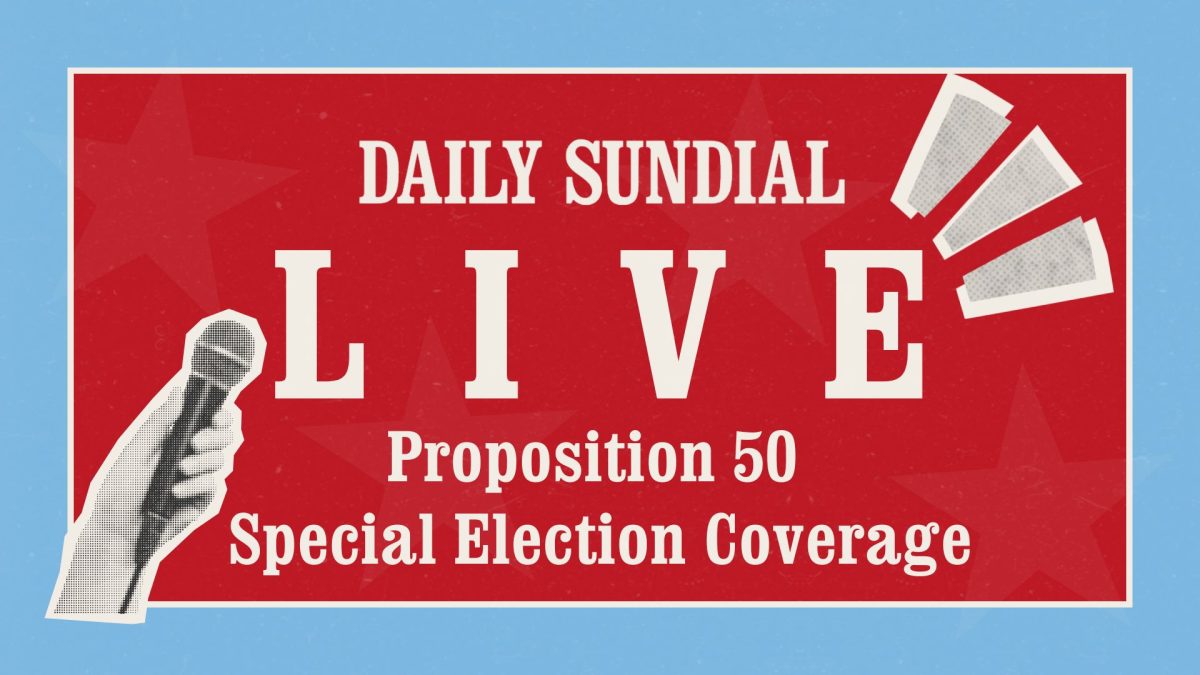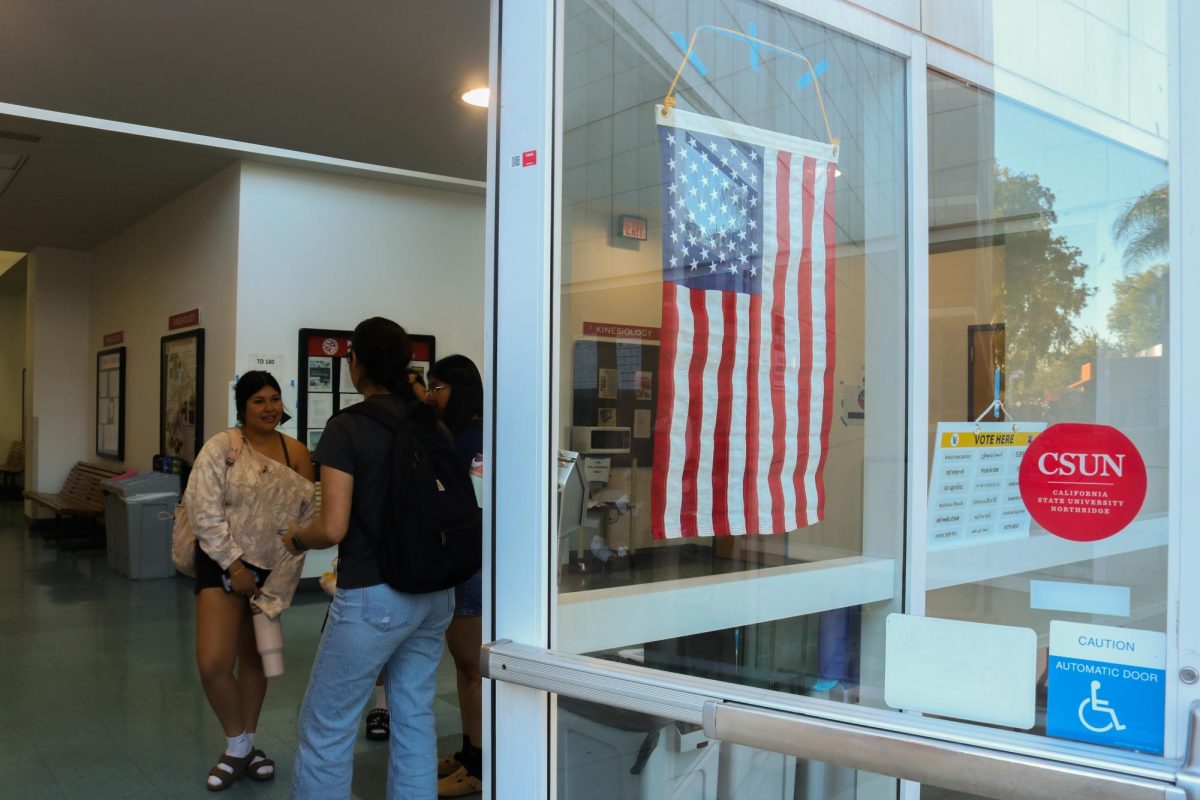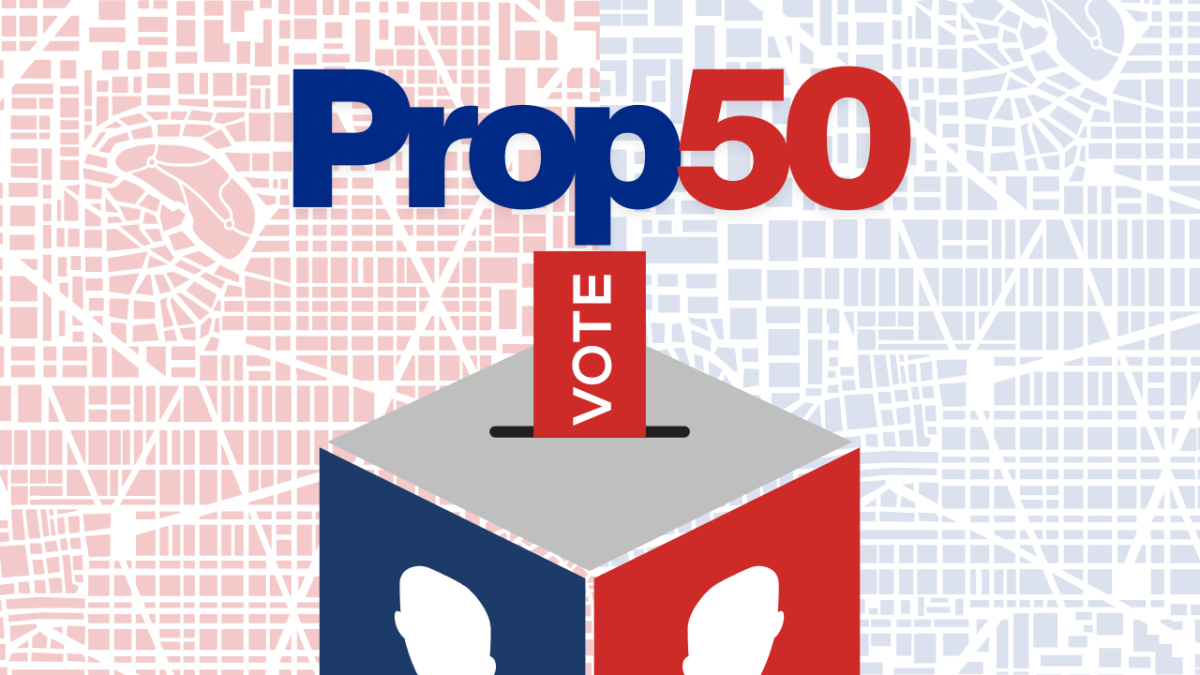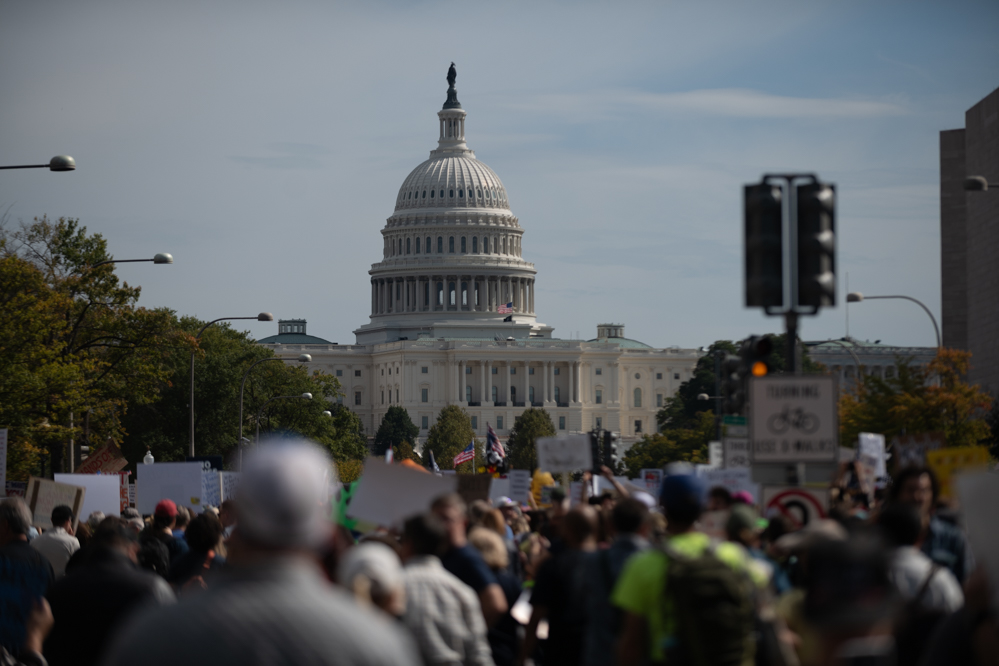Dominic Parker was seven years old when Barack Obama won the 2008 election. His older sister, Rochelle, who is African-American, had followed the campaign closely along with his mother. In addition to Parker, she had adopted four other children of color. The day the first person of color became President of the United States, Parker’s political consciousness was born.
His quick and fleeting smile was replaced by seriousness when he spoke of his upbringing, such as being the youngest out of seven siblings which contributed to his personality, mindset and the steps he would take that determined his future in politics.
Parker stated he looked to his siblings and their wide age range for guidance while also stating he didn’t want to choose between two candidates that called each other ‘fascists’.
He spoke on how Obama’s win impacted his sister and how he too felt inspired to go into the political field and how he began debating as early as elementary school when he watched Bernie Sanders speak at his school in Lancaster.
Parker emphasized the neck-and-neck race between Hillary Clinton and Donald Trump, with Clinton’s loss impacting Parker as an observer of the events happening around him.
“That was a really important pivot point in my consciousness about politics because I was reminded that it’s not all said and done,” Parker said.
Initially displeased with the results, Parker admits that his reactions towards election results have changed over time.
“I was very, kind of reactionary, very anti-Trump at the time,” Parker said. “I’m still no fan of Trump, but I don’t demonize him the way I might have in the past. I really try not to demonize anybody anymore. It’s just a rule of mine.”
After this pivotal moment that spurred him to become analytical of himself and his surroundings, Parker became more proactive by applying to a summer advocacy program with the American Civil Liberties Union, he went to DC in 2017 at age 16.
Immersing himself in the program and walking the bustling streets of Georgetown, he became friends with other politically active teens he still speaks with today, and even entered a romantic relationship with one.
When Parker graduated from high school, he decided to pursue a degree in political science. He transferred to CSUN in 2022, where a few of his siblings had attended, continuing his family’s tradition.
“I do think, especially in the political science department, there are a lot of really passionate advocates in the faculty for opportunities for students for internships, whether it’s the traditional internship, or the CSUN in DC program, or the Panetta Institute Congressional Internship program that they contribute to every year,” Parker said. “There’s been a lot of awesome opportunities for political science students and I’ve benefited directly from a lot of them.”
He stated he found mentorship in his professors, such as Nicholas Dungey, who cultivated a love for the ancient wisdom of philosophers. These included Aristotle and, more recently, 20th-century political theorist Hannah Adrent.
“I see a lot of people just kind of lost in their own individual social media world, which isn’t an evil in itself, but I think if you spend too much time sucked up in your own echo chamber, you never engage with the world around you, which is where everything is really happening,” Parker said when asked if his readings into philosophy contributed to his current view of the political landscape.
His eyebrows furrowed in concern as he continued, “I worry that our population is becoming so disillusioned with our country that we’re going to be made ripe for some kind of totalitarian movement to make inroads because no one is really paying attention.”
Parker displayed a knack for forging connections, regardless of the individuals involved. CSUN’s San Fernando roots are linked with César Chávez and the activist’s work on environmental policy, combating environmental racism within the farm workers’ movements.
He then proceeded to detail how Robert Kennedy Sr. secured Chávez’s endorsement, leading into a discussion of Robert F. Kennedy Jr.’s subsequent relationship with Chávez. Through this narrative, he maintained their shared commitment to environmental safety as a unifying theme.
While on a trip to DC with the “CSUN in DC” Internship program, Parker happened to mingle with a few people in the Kennedy campaign. Curiosity piqued, he later found himself sitting in Congress right behind Kennedy Jr., who was testifying after being banned from Twitter.
“I listened to his testimony, and I was floored because, to me, I was listening to someone talk about American principles, like the right to free speech, the right to free and uninfluenced press, right?” Parker explained his experience listening to Kennedy Jr.’s speech.
“The press has to be free from government interference, and I feel like a lot of those principles have been like… people aren’t so worried about that anymore,” he said. “In my opinion, there’s a lot of censoriousness going on where people don’t want to have hard conversations, and actually have a debate about things.”
Parker talked about the First Amendment, what being American meant to him, and his observations while watching Robert F. Kennedy Jr. in Congress.
“I felt like they were really going for character assassination with their questioning instead of actually asking him about the substance of his claims,” he said.
Parker remained in contact with people from the Kennedy campaign and started volunteering at their events in Los Angeles County. He quickly set to work campaigning for the candidate he believed in who reminded him of Bernie Sanders in 2016. He was eventually offered the position of Lead Student Ambassador, and he was recently promoted to Western Regional Director.
Parker spoke on his strategies when it came to combating criticism for his campaign.
“I tell people, look, listen to 25 minutes of a podcast that Mr. Kennedy is speaking on, hear him in his own words, and then make your decision,” said Parker. “If you still don’t trust him, don’t like him, don’t like his policies, and vote for Biden or Trump this November, that’s fine. But don’t let the mainstream media do your thinking for you.”
When asked how this experience was contributing to his future career path, some light was shed on his experiences working in DC. The topic of partisanship was brought up, as was the question of siding between Democrats and Republicans.
“I will say that by accepting this position and being public about it, I have basically guaranteed that I will not be invited into any party politics going forward,” he said while laughing. “I find it very unlikely because I’m nonpartisan. I’m independent. I would, and did, work for some Democrats as an intern. I would work for some Republicans as an intern, or in some capacity, but from what a lot of people have told me that work in those spaces, if you ever jump ship, if you ever work with somebody who is not with the party, you basically don’t have a future with the party. That’s something I really had to take seriously when I was considering accepting this role, and I decided so be it.”
Parker emphasized more on the topic of partisanship and how the future of politics could be someone who identifies as neither Democratic nor Republican and ends up becoming a political leader.
“I think the future of politics is independent and non-partisan. That’s what I’m staking my claim in. I think we’re at a point where people don’t want to be shooed into some binary, right? Into some arbitrary binary where you have to be this, or you have to be that,” he said as his eyes lit up. “I say, I dare people to be politically non-binary.”
Parker emphasized the importance of making relationships with people when asked if he could pass on some wisdom to someone who might want to follow in his footsteps.
“I would say, the quality of your politics is dependent on the quality of your relationships with other human beings. So, if you want good politics, treat people well,” He said.
Correction: A previous version of this story misspelled Nicholas Dungey’s last name.
